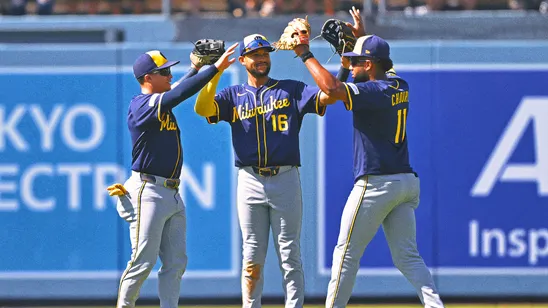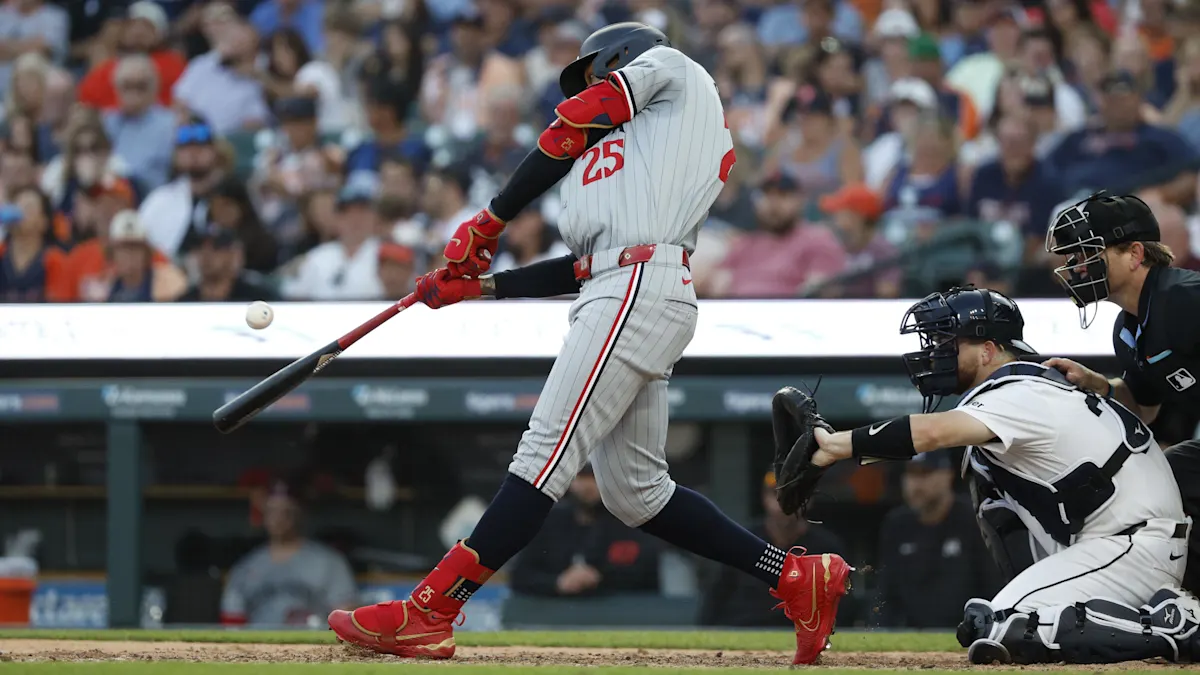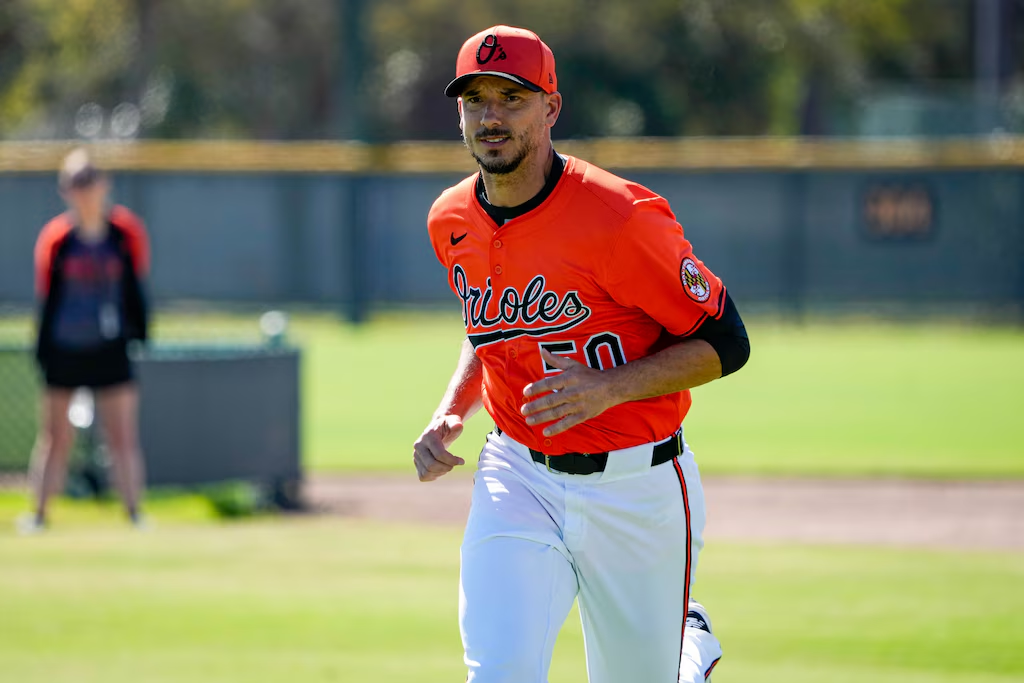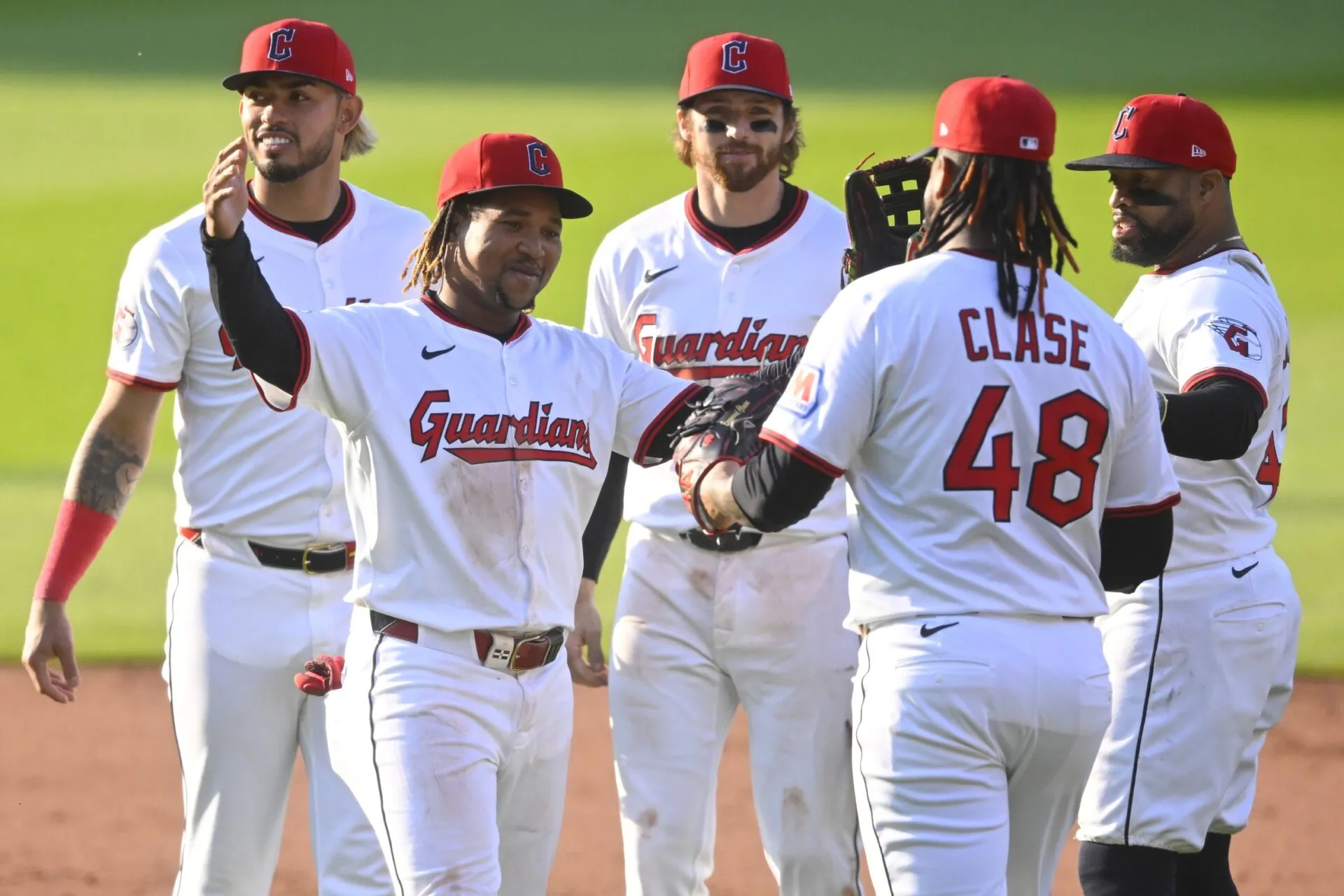The duration of the contract could extend up to three years, contingent upon Bellinger’s handling of the options.
Although Bellinger inked a lucrative three-year, $80 million agreement, it’s improbable he’ll see it through to the end. This is because Bellinger has control over the options starting from the 2024 season, during which he is set to earn $27.5 million.

For the 2025 season, Bellinger holds an option valued at $27.5 million. Should he choose to decline it, there’s a $2.5 million buyout, enabling him to enter free agency once more. Conversely, if he exercises the option for 2025, he opens the possibility of triggering a $25 million option for the subsequent 2026 season. Opting out of this would result in a $5 million buyout.
Bellinger and his agent, Scott Boras, initially sought a lengthier contract offering the security enjoyed by other high-profile free agents, some of which spanned up to 12 years with a minimum payout of $300 million. Despite falling short of this expectation, the deal represents an increase over his 2023 salary, affording him the autonomy to decide whether to remain with the Cubs for two additional seasons or explore free agency again.
The critical question remains: How did the market respond to Bellinger? Did any other teams surpass the Cubs’ offer? Boras remains tight-lipped on the matter, stating, “When I go to a wedding, I never talk about the bridesmaids,” indicating a desire to maintain amicable relationships with potential suitors should Bellinger opt for free agency next season.
Bellinger’s performance in the previous season, where he secured a Silver Slugger award and posted impressive statistics despite a brief injury hiatus, underscores his value. After overcoming injury-plagued seasons with the Los Angeles Dodgers in 2021 and 2022, Bellinger’s resurgence earned him recognition as the NL Comeback Player of the Year.










